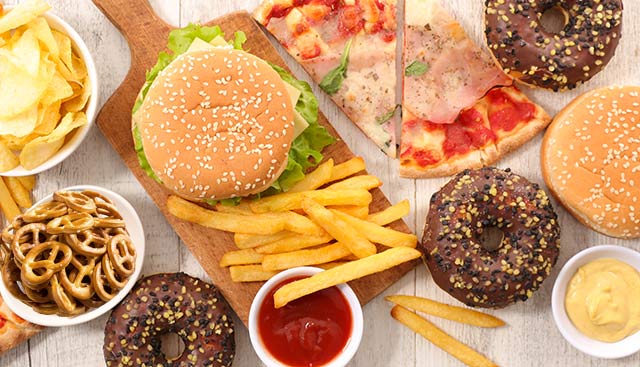This post has already been read 2963 times!
Consumption of processed foods in daily diets could lead to haemorrhoids or pile, says a medical expert.
Haemorrhoids are enlarged veins that occur in the rectum due to constant strains during bowel movement.
Nkechi Anthony, an Abuja-based doctor, told NAN that low-fibre diet or inadequate fluid intake could also cause constipation which could contribute to haemorrhoids.
She said adequate water intake, consumption of healthy meals and maintaining a healthy lifestyle would prevent the disease.
“Most people do not get enough fibre in their diet and they do not even eat enough fresh vegetables and fruits,” Anthony said.
“Diet, intake of plenty of water and reduction of salt intake are antidotes. Salt leads to fluid retention which in turn causes body to swell, including the blood vessels, thereby causing haemorrhoids.”
Anthony further said haemorrhoids could also be caused by sitting on the toilet for a long time, carrying heavy items, being overweight, having diarrhoea and constipation.
“Those ones that occur in the rectum are called internal haemorrhoids while those that occur around the anus are external haemorrhoids,” she said.
“Symptoms are swollen, painful and bleeding rectum, causing a feeling of pressure.
“There could be the possibility that pile could affect about 50 percent of men before they reach 50 years.
“You might notice a streak of blood on the outside of your stool or on the toilet paper when you wipe your bottom or splashes of blood on the toilet bowl.”
Highlighting the causes of haemorrhoids in pregnancy, she said the process of childbirth and the increased pressure of the weight of the baby in the anal area could trigger pile.
According to the medical practitioner, it naturally dissolves after delivery of the baby.



